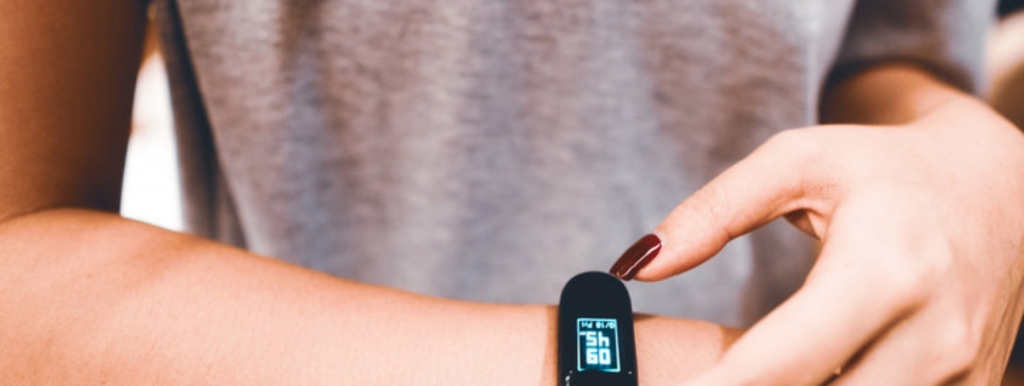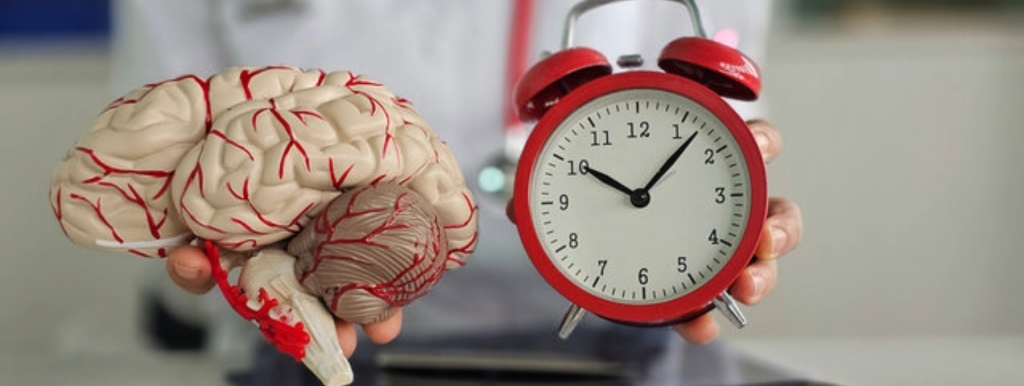Sleep problems play an important role in the development and maintenance of many mental health issues, but the reason for this link is difficult to grasp. According to new research from the University of East Anglia (UEA), the link between poor sleep and mental health issues could be related to deficits in brain regions that […]
Research Shows Links Between Mood and Circadian Rhythm Disorders in a Study Using Fitbit Data From Hundreds of Medical Students
When it comes to sleep schedules, people often compromise in order to get everything on their to-do list done first. However, this can be the wrong decision. A new study from the University of Michigan shows that when people’s sleep cycles are out of sync with their internal clocks, or circadian rhythms, it can have […]
Light Therapy Improves Brain Connectivity After Injury
A study published in the journal “Radiology”, a journal of the Radiological Society of North America (RSNA), shows that low-level light therapy appears to affect healing in the brains of people who have suffered severe brain injuries. How Light Therapy Helps With Traumatic Brain Injuries The wound-healing properties of light of different wavelengths have been […]
Brain Tumors Use the Circadian Clock to Grow
Virtually every cell in the human body has an internal clock. These clocks are controlled by a central clock in the brain. In a normal, biological process called synchrony, the central clock coordinates the daily rhythms in the body so that each cell and tissue recognizes the same external time of day. Knowing the local […]
Decoding the Science of Sleep: How Rest Improves Language Learning
Getting enough sleep is important for a variety of reasons, but a team of international scientists has discovered a new incentive to get eight hours of sleep every night: sleep helps the brain to store and learn a new language. A study led by the University of South Australia (UniSA) and published in the Journal […]
- « Previous Page
- 1
- 2
- 3
- 4
- 5
- 6
- …
- 203
- Next Page »









